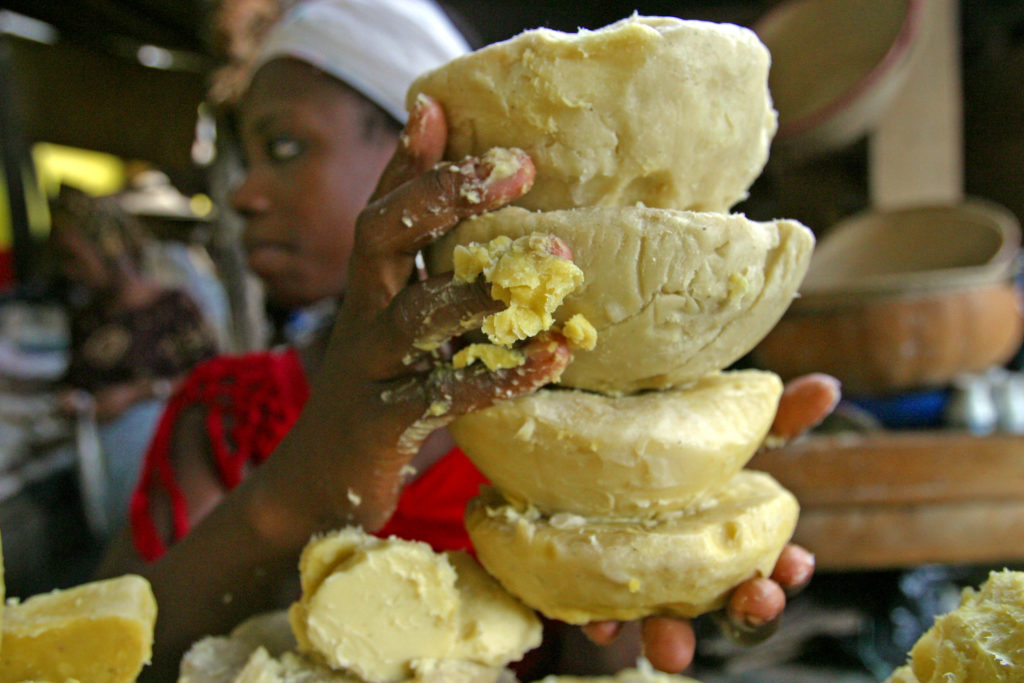Nigeria Bans Raw Shea Nut Exports to Boost Local Economy and Processing
Nigeria has imposed a six-month ban on raw shea nut exports, aiming to boost its local economy, increase its global market share in refined shea products, and create jobs.
Subscribe to unlock this story
We really don't like cutting you off, but you've reached your monthly limit. At just $5/month, subscriptions are how we keep this project going. Start your free 7-day trial today!
Get StartedHave an account? Sign in
Overview
- Nigeria has implemented a six-month ban on the export of raw shea nuts, a key ingredient in cosmetic products, with a review scheduled after this period.
- The ban aims to significantly boost Nigeria's local economy by transforming it into a global supplier of refined shea butter rather than just a raw material exporter.
- Despite supplying 40% of the world's raw shea, Nigeria currently holds only a 1% global market share in processed shea products, which the ban seeks to increase.
- This strategic move is projected to generate $300 million in the short term and an ambitious $3 billion by 2027, creating jobs for rural workers.
- Nigeria joins other West African nations in restricting raw shea nut exports, securing materials for domestic processing factories and enhancing national income.
Report issue

Read both sides in 5 minutes each day
Analysis
Center-leaning sources cover Nigeria's raw shea nut export ban neutrally, presenting the government's economic rationale alongside expert analysis. They provide context on Nigeria's market share and the policy's potential contradiction with broader free-market stances, offering a balanced view without loaded language or selective emphasis.
Articles (3)
Center (2)
FAQ
Nigeria's ban on raw shea nut exports aims to boost its local economy by shifting from exporting raw nuts to producing and exporting refined shea products, such as shea butter and oil, thereby increasing value addition and creating jobs.
The ban on raw shea nut exports is a temporary six-month measure, with a review planned after the six months to evaluate its impact and decide on future actions.
Nigeria supplies nearly 40% of the world's raw shea nuts but only holds about 1% of the global market share in processed shea products.
Nigeria projects the ban to generate around $300 million annually in the short term and aims to increase revenues to $3 billion by 2027, alongside creating jobs for rural workers and empowering women.
Yes, neighboring West African countries such as Burkina Faso, Mali, Togo, Ivory Coast, and Ghana have also banned or restricted raw shea nut exports recently to protect their local processing industries.
History
- This story does not have any previous versions.


